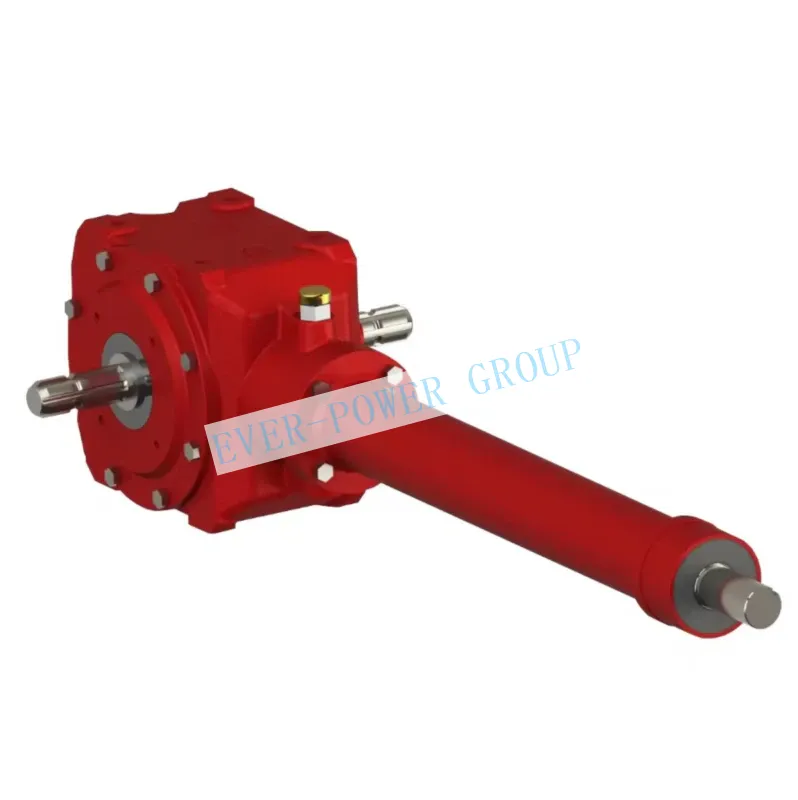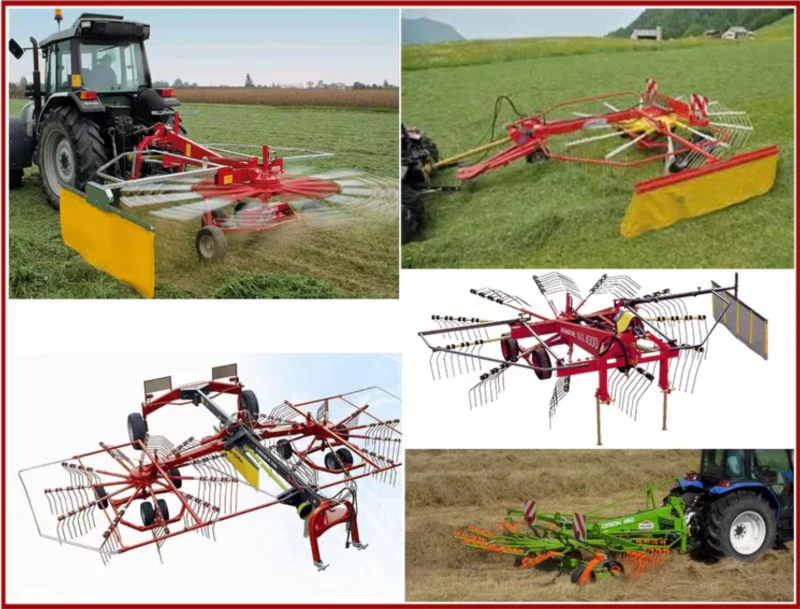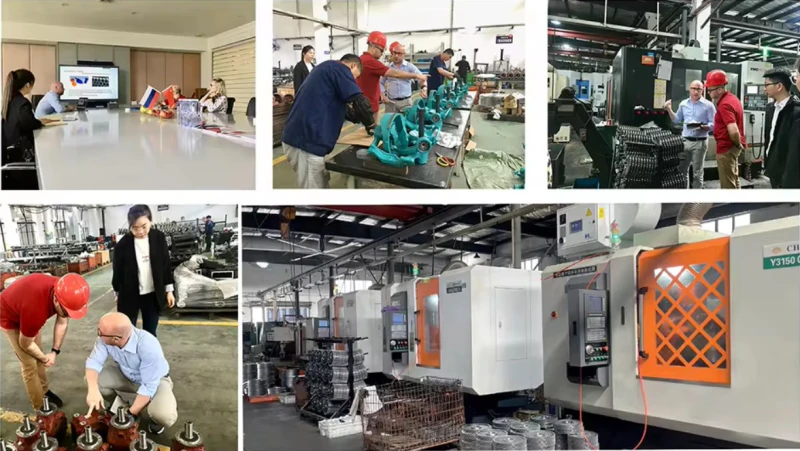Agricultural Gearbox Adaptations for Changing Climate Conditions
Introduction
In today’s rapidly changing climate, the agricultural industry is facing numerous challenges. Farmers need to adapt their equipment to cope with the ever-evolving weather patterns and environmental conditions. One crucial aspect of this adaptation is the integration of advanced agricultural gearboxes into farming machinery. In this article, we will explore the various ways in which agricultural gearboxes can be adapted to address the challenges posed by changing climate conditions.

1. Gearbox Cooling Mechanisms
As temperature fluctuations become more extreme, overheating can pose a significant risk to agricultural gearboxes. To mitigate this, manufacturers have developed innovative cooling mechanisms. One such mechanism is the implementation of liquid cooling systems that efficiently dissipate heat and maintain optimal operating temperatures. These systems utilize advanced heat exchangers and coolant circulation pumps to ensure gearbox longevity even in the harshest climates.
2. Sealing Solutions for Extreme Environments
Extreme weather conditions and exposure to dust, dirt, and moisture can compromise the performance and durability of agricultural gearboxes. To combat these challenges, manufacturers have engineered advanced sealing solutions. These include specialized gaskets, seals, and O-rings that effectively prevent water and contaminants from entering the gearbox housing. By implementing these sealing solutions, agricultural machinery can maintain peak performance and reliability, even in the most inhospitable environments.
3. Enhanced Lubrication Systems
In changing climate conditions, the demand for reliable lubrication systems in agricultural gearboxes is paramount. Lubrication not only reduces friction and wear but also dissipates heat, thereby ensuring the efficient operation of gears and bearings. To enhance lubrication capabilities, manufacturers have developed advanced oil circulation systems that ensure a continuous supply of clean lubricant to critical gearbox components. These systems also incorporate oil filtration mechanisms, removing impurities that could affect gearbox performance.
4. Intelligent Gearbox Control Systems
With the advent of smart farming technologies, agricultural gearboxes can now be equipped with intelligent control systems. These systems utilize sensors, actuators, and microprocessors to monitor gearbox performance in real-time. By collecting and analyzing data such as temperature, torque, and speed, these intelligent systems can make automatic adjustments to optimize gearbox operation for prevailing climate conditions. This not only maximizes efficiency but also prolongs the lifespan of the gearbox.

Company Promotion and Introduction
Our company holds a leading position in the Chinese gearbox market. We are proud to offer a wide range of high-quality products, including agricultural gearboxes, mower gearboxes, replacement comer gearboxes, tiller gearboxes, and greenhouse motors. With 300 sets of various automatic CNC production equipment and fully automated assembly lines, we ensure the precision and reliability of our products. Our commitment to exceptional products, competitive prices, and attentive service sets us apart from the competition. We also welcome custom orders based on customer-provided designs or samples.

Q&A
Q: How do agricultural gearboxes contribute to sustainable farming practices?
A: Agricultural gearboxes play a crucial role in sustainable farming practices by enabling efficient power transmission, reducing energy consumption, and minimizing environmental impact. With their advanced design and adaptability, these gearboxes help optimize machinery performance and enhance overall farm productivity while reducing resource usage and carbon footprint.
Q: Can agricultural gearboxes be retrofitted into existing farming machinery?
A: Yes, agricultural gearboxes can generally be retrofitted into existing farming machinery. However, it is essential to consider compatibility and consult with experts to ensure proper integration. Retrofitting gearboxes can significantly enhance the performance and lifespan of older machinery, providing farmers with a cost-effective solution to adapt to changing climate conditions.
Q: How can farmers determine the most suitable gearbox adaptation for their specific needs?
A: To determine the most suitable gearbox adaptation, farmers should consider factors such as the type of machinery, environmental conditions, desired performance enhancements, and budget constraints. Consulting with knowledgeable gearbox suppliers or agricultural engineers can provide valuable insights and recommendations tailored to individual farming operations.